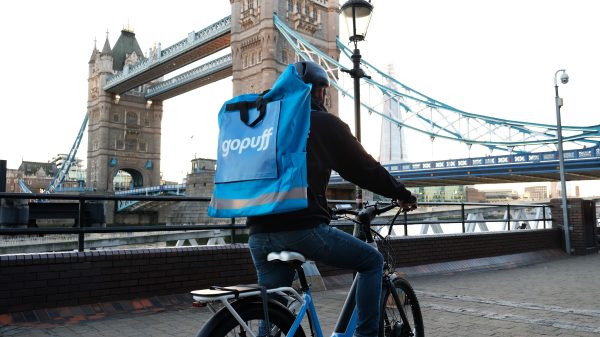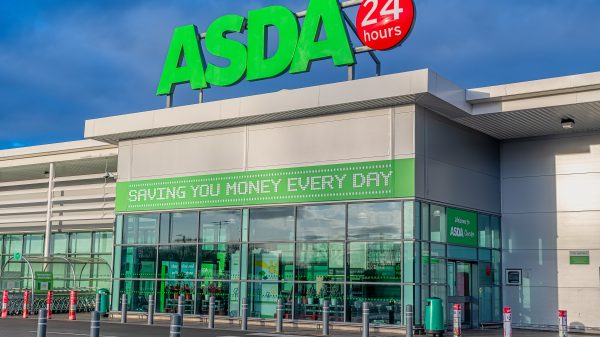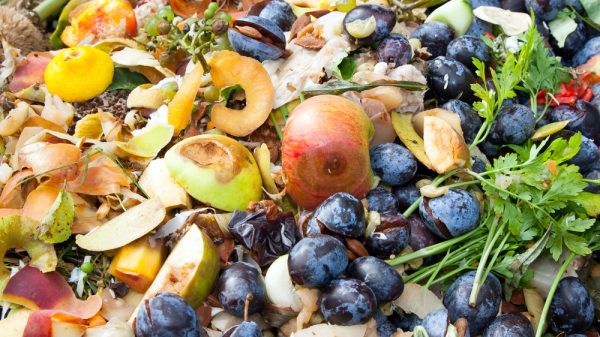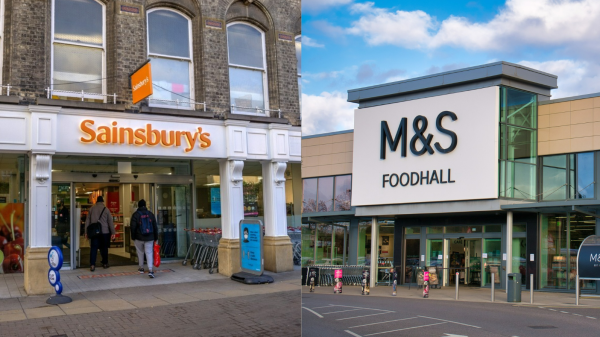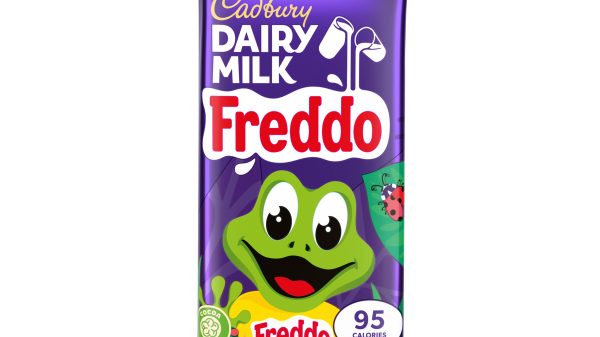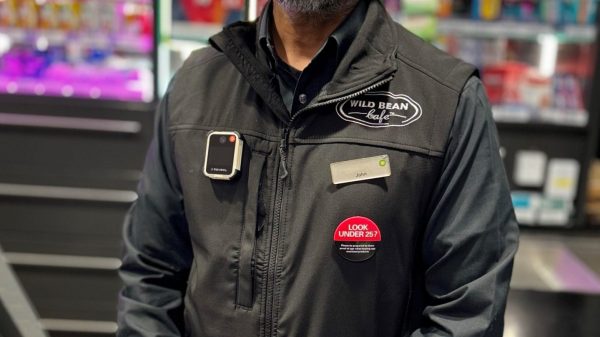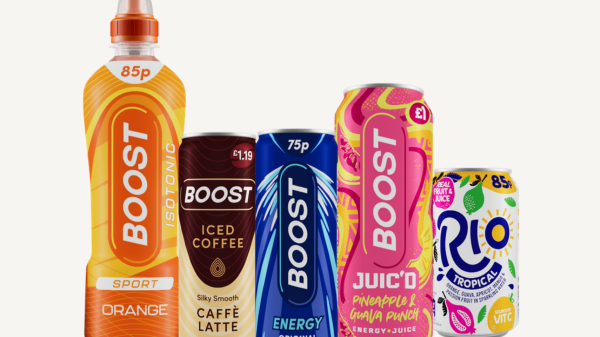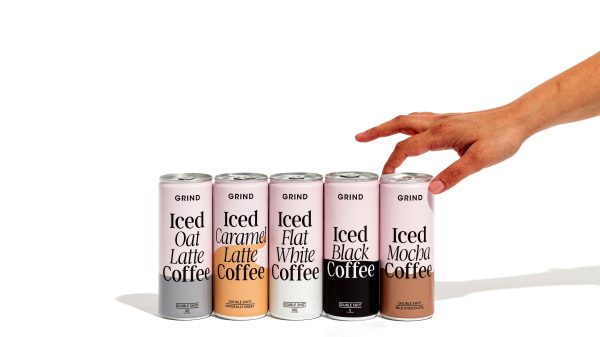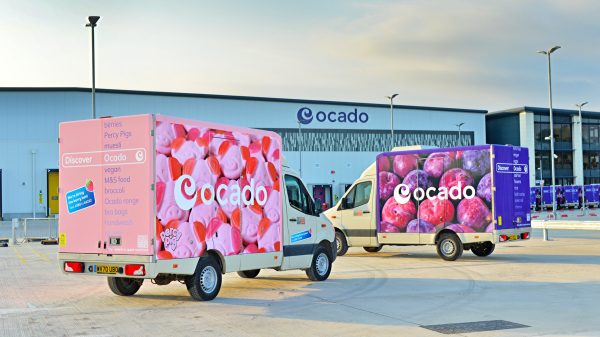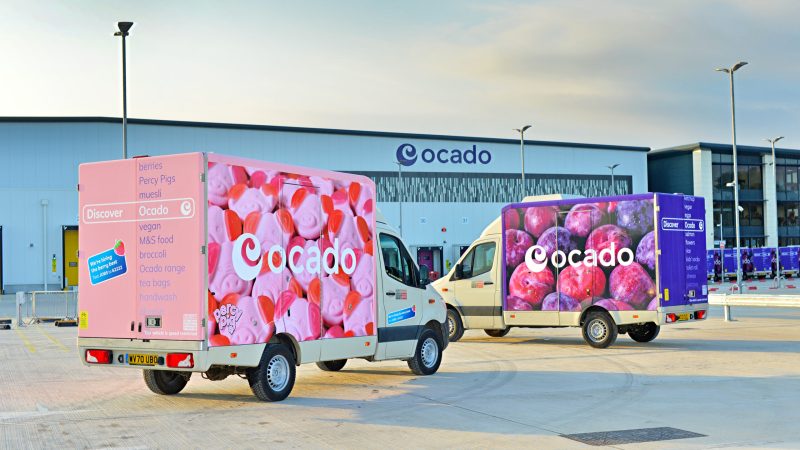The UK supermarket sector was quick out of the promotional blocks this year, extending value ranges, launching price locks and launching other cost-driven incentives designed to keep shoppers spending throughout the bleak month of January.
Morrisons was the first to break cover, investing £16m in slashing prices across 50% of its Savers range on 3 January, when most of the UK was still wondering what day they were supposed to go back to work.
“We want to do all we can to help when it comes to the cost of grocery shopping,” said Morrisons chief executive, David Potts at the time, adding that customers will see a “noticeable impact on their budgets at a time when they really need it.”
Its announcement was quickly followed by other supermarkets, which unveiled various iterations of tried-and-tested money-saving schemes – such as Waitrose’s Great Savings Event and Tesco’s extended price lock on over 1,000 products.
Just a week later, Sainsbury’s added more lines to its Aldi Price Match campaign, with Iceland then extending its £1 price freeze across hundreds of frozen products.
“As we start the New Year, we know times are tough for many of our customers right now,” said Tesco UK chief executive, Jason Tarry, adding that the retailer’s move will help customers budget “when they need it most.”
But are new year promotions and price freezes really enough? Or could traditional supermarkets – which are some of the largest businesses in the UK – be doing more to compete with Aldi and Lidl as they look to help shoppers save money this January?
A ‘bumper’ Christmas
Coming hot on the heels of what appears to have been a bumper Christmas for most of the UK’s supermarkets, a political backlash is brewing as consumers battle to keep the cost of their weekly shop down amid the record-breaking inflation levels.
Seasonal grocery spend across the UK reached a record-breaking £12.8 billion in December. However, Kantar’s recent update made it clear that driving factor behind this was grocery price inflation, rather than consumers choosing to buy more.
Both Tesco and Sainsbury’s admitted that despite posting strong sales growth (and full year profit expectations of £690m and £2.4bn respectively), volumes were down compared to last year.
Shoppers might have been buying ‘Christmas treats and fizz’, but they were also looking for deals, spreading the cost of their shop and keeping an eye on their budgets.
Grocers are continuing to promote the message that they are helping consumers cope with inflation by introducing value ranges and price lock campaigns, but some – such as Liberal Democrat leader Sir Ed Davey – find it hard to balance that against the mammoth profits being forecast.
Subscribe to Grocery Gazette for free
Sign up here to get the latest grocery and food news each morning
January sales: fact or fiction?
UK partner at IPLC, Paul Stainton, argues that the pricing incentives being launched we enter 2023 are nothing more than straightforward new year deals which “happen every single January.”
Stainton says that shoppers are usually “in crisis” and tend to shop around more in the new year, having spent out at Christmas, adding that “nothing is really happening in January other than Veganuary – that’s why you tend to find all that’s talked about is price, price, price.”
“You always see, from week one, new price campaigns which are trying to keep customers who have been shopping at the various supermarkets. But the message in January has to be to save money.”
“As soon as one starts, the others try to follow,” he continues, describing Tesco’s decision to introduce a price lock rather than price cut strategy as “interesting”.
He adds that “Sainsbury’s and Asda have both had price locks and they will continue to do so. There will be lots of price lock campaigns while we are still seeing rising costs – and that won’t go away for the next few months.”
While Stainton believes these campaigns are set to continue, retail expert and director at The Retail Mind Ged Futter says that in reality, they have little to no effect on consumers.
He describes them as ‘optics’, adding that they “sound good but actually to the vast majority of customers, don’t mean anything. If you reduce the price by 10%, that might be a penny. While it sounds high, the actual cash amount that customers are saving isn’t a lot.”
Aldi and Lidl: The multinationals are fighting back
Synonymous with affordable and efficient shopping, discount supermarkets Adi and Lidl have shaken up the UK grocery sector over the last 12 months, with Aldi in particular taking the lead as the UK’s fastest growing supermarket overall.
The successes of the German discounters – which both saw impressive growth over the Christmas period – has left mainstream retailers such as Tesco and Sainsbury’s with no choice but to convince cash-strapped customers that their offering will match those low prices.
Hargreaves Lansdown analyst Sussanah Streeter points out that discounter supermarkets are simply riding the wave of bargain hunting which is currently crashing through the retail sector.
“The search for ways to trim bills puts pressure on the big grocers to keep prices low, with a tide of new deals set to be incoming,” she says, adding that the big grocers are going “all out” to fight off the discounters.
For Futter, those Aldi Price Match campaigns are simply not working.
“Tesco has had two and a half years of Aldi price match and now – when customers are most serious about what they’re spending – Aldi are still growing by 27%.”
Stainton agrees that the likes of Asda, Sainsbury’s, Morrisons and Tesco have “got to work very hard”, particularly with their branded offers, as their only real point of difference is the household name brands.
“The big supermarkets have got to rely on the big name brands, moving them on where they can and relying on the fact that consumers do tend to fall back on brands – as that’s just what we’ve all grown up with.”
Even that comes with a caveat though, as: “while everybody’s looking to save, people are now trying private label when they wouldn’t have in the past – and they’re finding that the quality is as good, if not better value for money.”
The real challenge is the checkout
KPMG head of UK retail Paul Martin is less than enthusiastic about the overall health of the retail sector as it comes out of the festive period, despite December’s positive retail sales figures.
He reiterates the importance of looking at volume, highlighting that, despite the reported growth, shoppers are actually “buying 6% to 7% less grocery items” per basket, with the value of those items still increasing.
“That means we see consumers trading down to cheaper alternatives, as they feel the pinch on their discretionary income,” he continues.
Faced with numbers like that, it’s no surprise that traditional supermarkets are promoting individual cost saving initiatives for customers and shouting from the rooftops about their latest deals – even when doing so might prove to be counterproductive.
But the real challenge comes at the checkout – and Martin points out that no amount of clever marketing can get away from that.
“Aldi will very aggressively compare the price of their typical basket against the Tesco price – and ultimately the discounters still trade 25% to 30% cheaper on a comparable basket than Tesco and Sainsbury’s.”
While value campaigns are a key way for multinationals to get the push they need in the face of discounter growth, Futter doesn’t think it will be enough.
“As long as [the multinationals] continue to fight Aldi and Lidl on their battleground – which is price – they will lose.”

